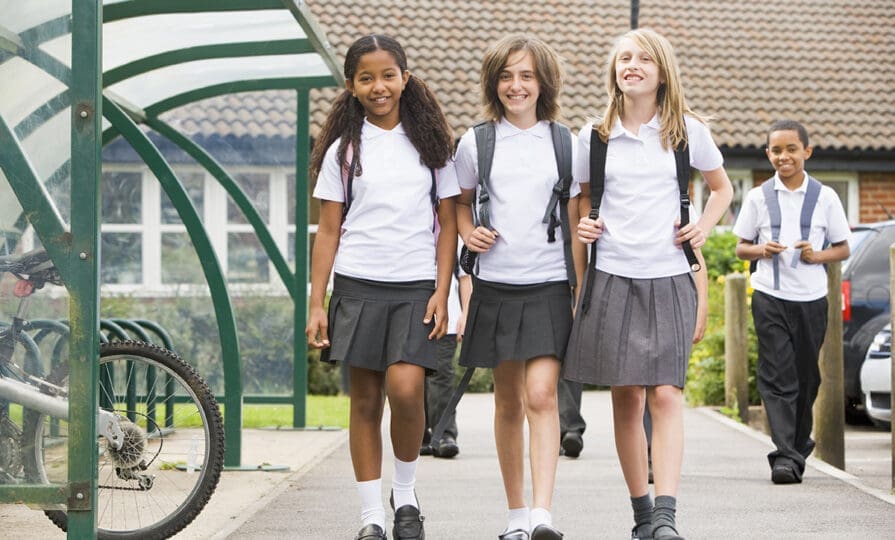1 in 4 pupils disengage from school in first year of secondary, research shows
While pupils in primary school report consistently high headline engagement, averaging over 8 out of 10 in key areas, it declines sharply during the first year of secondary education

Register to get 1 free article
Reveal the article below by registering for our email newsletter.
Want unlimited access? View Plans
Already have an account? Sign in
More than one in four pupils begins to disengage from school during Year 7, according to the largest-ever study of pupil engagement in England conducted by education research organisation ImpactED Group.
The new research has identified the first year of secondary school as a critical point in children’s education, with engagement levels that never fully recover for most pupils.
The findings emerge from the Commission on Engagement and Lead Indicators, a collaborative effort led by ImpactEd Group in partnership with the Association of School and College Leaders (ASCL), Confederation of School Trusts (CST), The Reach Foundation and Challenge Partners.
The data reveals a stark contrast between primary and secondary experiences. While pupils in primary school report consistently high headline engagement, averaging over 8 out of 10 in key areas, it declines sharply during the first year of secondary education. This decline continues through subsequent years and never fully recovers through the key stages.
Headline engagement, which includes willingness to recommend the school to others and how happy they are with it, follows the same downward trend and never fully recovers in secondary years.
The data also shows that pupils eligible for Free School Meals report lower levels of trust, enjoyment and belonging, with the gap widening through secondary. In addition, girls are more likely to feel unsafe or worried, particularly in Years 7–9, despite showing higher academic drive than boys.
Coincidentally, primary school pupils are more likely to believe that hard work at school will lead to success compared to other phases of education, with primary school pupils scoring 8.4 for the statement “my marks are my responsibility” compared to 6.8 for secondary pupils.
The research suggests that without addressing this “Age11 Dip,” there is a risk of allowing a “significant” proportion of pupils to disengage from education at a formative stage – with potential long-term consequences for their academic outcomes and wellbeing.
By tracking over 80,000 pupils across England through The Engagement Platform (TEP), the Commission has created the most comprehensive picture yet of pupil engagement throughout the 2024-25 academic year.
All participating schools in the research cohort contribute to the national dataset, but also receive local insights at class, school and trust level (through the TEP platform and reports) to drive practice and intervention.

